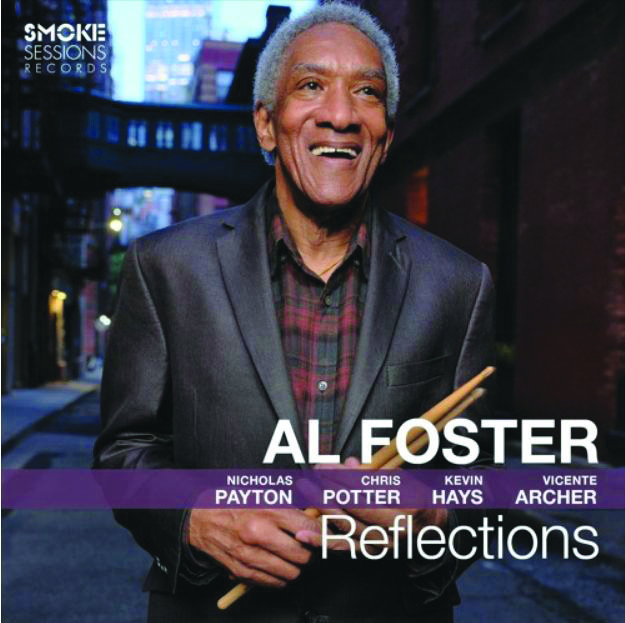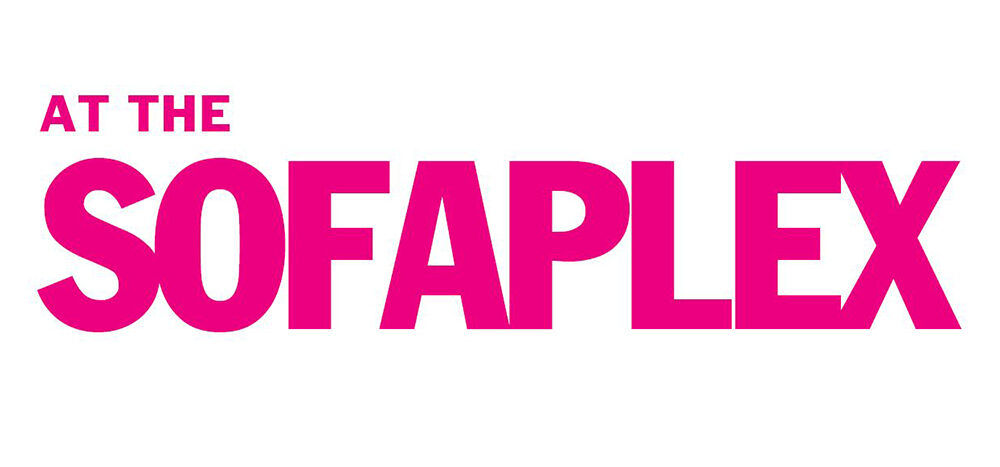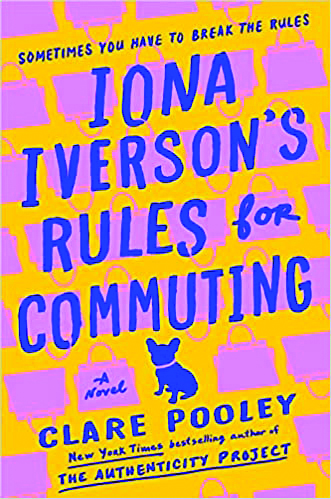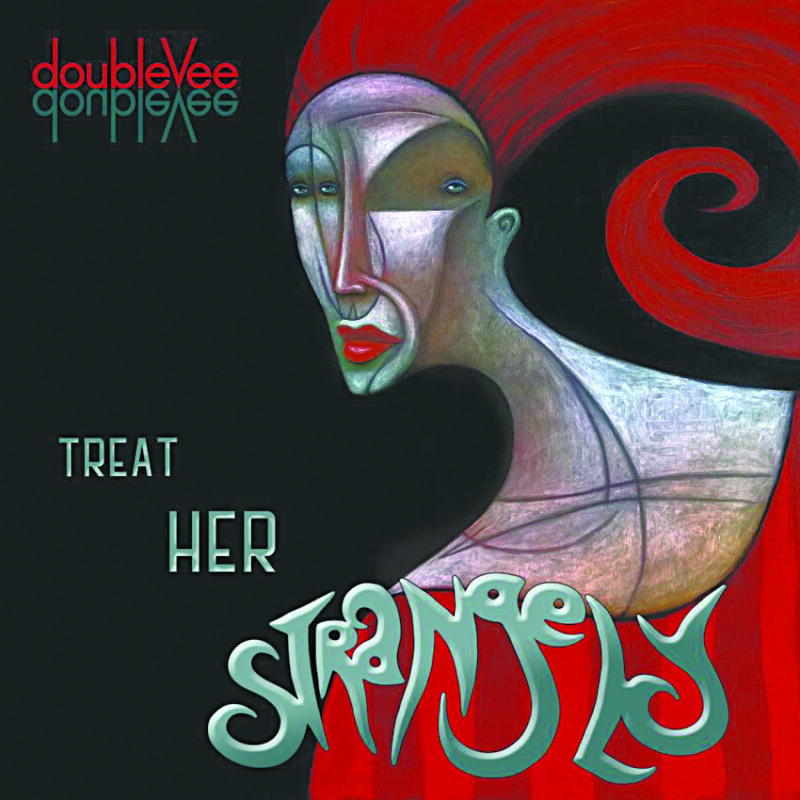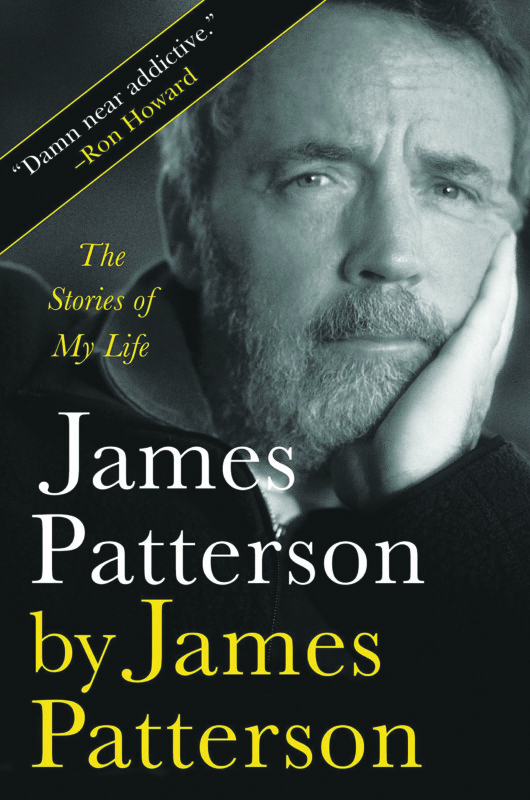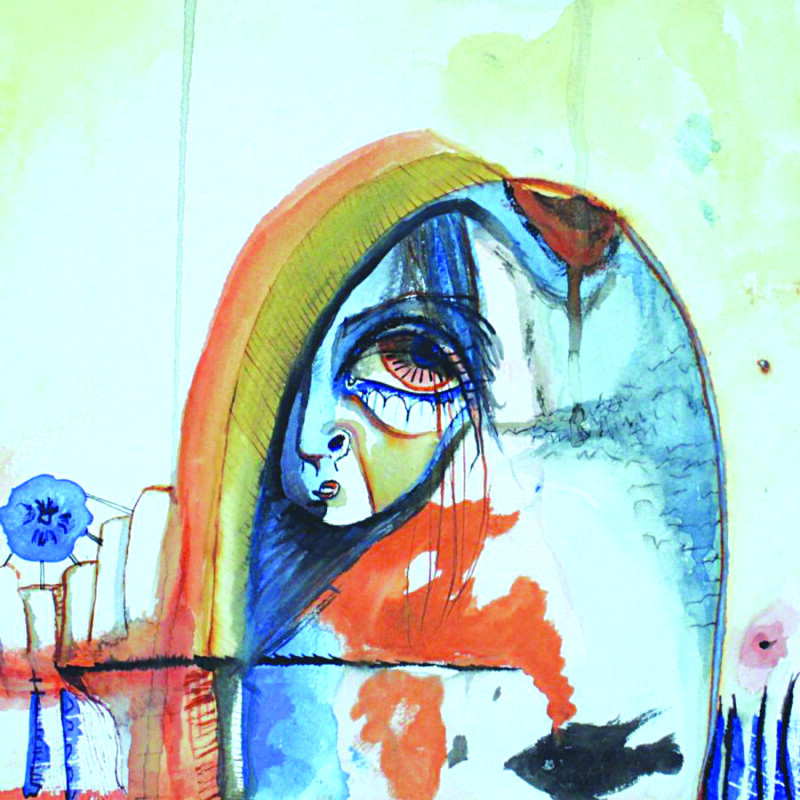Lindsay Clark, Carpe Noctem (Audiosport Records)
This Portland, Oregon-based girl has released a good number of albums up to now, spotlighting her talent for writing post-Joni Mitchell-ish folky-poppy trifles. Remember, though, it’s current_year, so she does have a moonbat side, and the tunes tend to fixate on one section rather than stray off to become too complicated or interesting. Sigh, but whatever, Clark isn’t a kook, just your average girl in the world trying to find a half-workable relationship and such, just like you, and she’s not maudlin about it, which is a nice break from the real weirdos who come in here with kooky albums. On this one, she’s got some lovely acoustic guitar undergirdings that help keep stomachs settled; she uses a self-taught Nick Drake-ish fingerpicking style that’s a great fit for her musical aims. Co-conspirators here include members of such bands as Dolphin Midwives, Shook Twins and Paper Gates, variously playing violas, cellos, flutes and such. A
Al Foster, Reflections (Smoke Sessions Records)
OK, may I present my favorite jazz album so far this year. At age 79, Al Foster is a jazz-drumming icon, having played with jazz Herbie Hancock, Sonny Rollins and Joe Henderson to name three, but I mustn’t forget to mention his work with Miles Davis in the 1970s. Right, the ’70s wasn’t Davis’s fiercest decade for my money at least, but the overall sound was nice and bright, for what that’s worth. Anyway, that’s the sonic upshot on this one, pretty much, but it’s even nicer really: it’s current_year after all, which means hypervigilant mics picking up every last-sub-echo of this band, which is absolutely on fire from the get-go. Opener “T.S. Monk” finds Foster meeting the challenge of some blazing trumpet work from Nicholas Payton by tendering some absolutely filthy drums, after which a rework of Sonny Rollins’ “Pent-Up House” rushes in to ground old-time listeners. Really priceless, this. A+
Playlist
• Ack! Ack! Look at this, folks, just look at it, the next general-CD-release Friday is July 15, which means the summer is already half over! Let me count the weeks on my fingers here a second, wait — yep, before you know it, we’ll all stop saying “It’s freaking rooooasting” and replace it with “It’s freakin’ freeeezing,” because there are only two temperatures in New England, freezing and roasting. I can already feel my feet turning into whimsical frozen ice sculptures until next May, can’t you? But in the meantime, there is stuff to talk about right now, so we can live in the moment like adults, starting with Bleed Here Now, the latest full-length from sort-of-hard-rock-but-oh-whatever band And You Will Know Us by the Trail of Dead, or “Trail Of Dead” for short! They are from Austin, Texas, and the principal members are in their 50s now, boy, time does fly, doesn’t it? It’s like, being a professional music journalist; you’ll hear some band and think, “My stars, that’s boring, but they seem hip, I should probably pay attention if I ever expect anyone to respect my body of ‘work,’” but then two minutes later you’re watching cartoons and you forget the band’s name, and then 15-odd years go by and all you remember is that you don’t have any real interest in what the band is doing these days, but then you’re tasked with writing about that very band. Those are the shoes I’m in right now, knowing that I’ll have to go listen to some new song from these performing clowns but secretly hoping that if I keep typing extraneous peripheral nonsense I’ll run out of room and not have to go listen to the dumb song. Oh, well, so much for that, there’s room for a quick CSI of the teaser track “No Confidence,” a song that starts out, as always, like a cross between Flaming Lips and some actual rock band like Band Of Skulls, and then the song — ick, it sucks, basically like Superchunk with a low-tier guitar riff. Band Of Skulls is/was pretty good, by the way.
• Oh, how lovely, nothing I want to hear more right now than some psychedelic-Aughts-indie, will this millennium ever end? Because look, it’s New York City post-punk revivalists Interpol, with their seventh album, The Other Side Of Make-Believe. Great. You know, if the Martians are just watching Earth as a TV series, they’re going to skip all of the Aughts and the Teens and whatever this decade of demented horror is called and simply fast forward to when flying Jetsons cars don’t cost $92,000 (it’s true, reserve yours now at www.jetsonaero.com) and can actually fly for more than 20 minutes (also true). But I am not a Martian, unfortunately, and thus must help myself to a big tall glass of the new Interpol single “Toni,” a palatable, slightly pounding tune that wants to be as cool as Arcade Fire’s “Rebellion (Lies)” but has too much in common with Cardigans’ “Lovefool” for me to want to hear it again. Admirable effort, boring Aughts-indie band.
• And the hipster march continues, with Austin band Elf Power, which is part of the “Elephant 6 musical collective” that comprises, wow, look at that, a bunch of bands I don’t like: Of Montreal, Apples In Stereo, etc. I’m on a roll, with this new Elf Power album, Artificial Countrysides, the title track of which is a cross between very early Rolling Stones and Pavement. My DMs are open if you can think of anything worse.
• We’ll abandon this fast-sinking ship with Filipino-British singer-songwriter Beabadoobee’s new album, Beatopia, whose single, “Talk,” is muddy noise-pop for Hello Kitty culturists. I could listen to this again, sure.
If you’re in a local band, now’s a great time to let me know about your EP, your single, whatever’s on your mind. Let me know how you’re holding yourself together without being able to play shows or jam with your homies. Send a recipe for keema matar. Message me on Twitter (@esaeger) or Facebook (eric.saeger.9).

